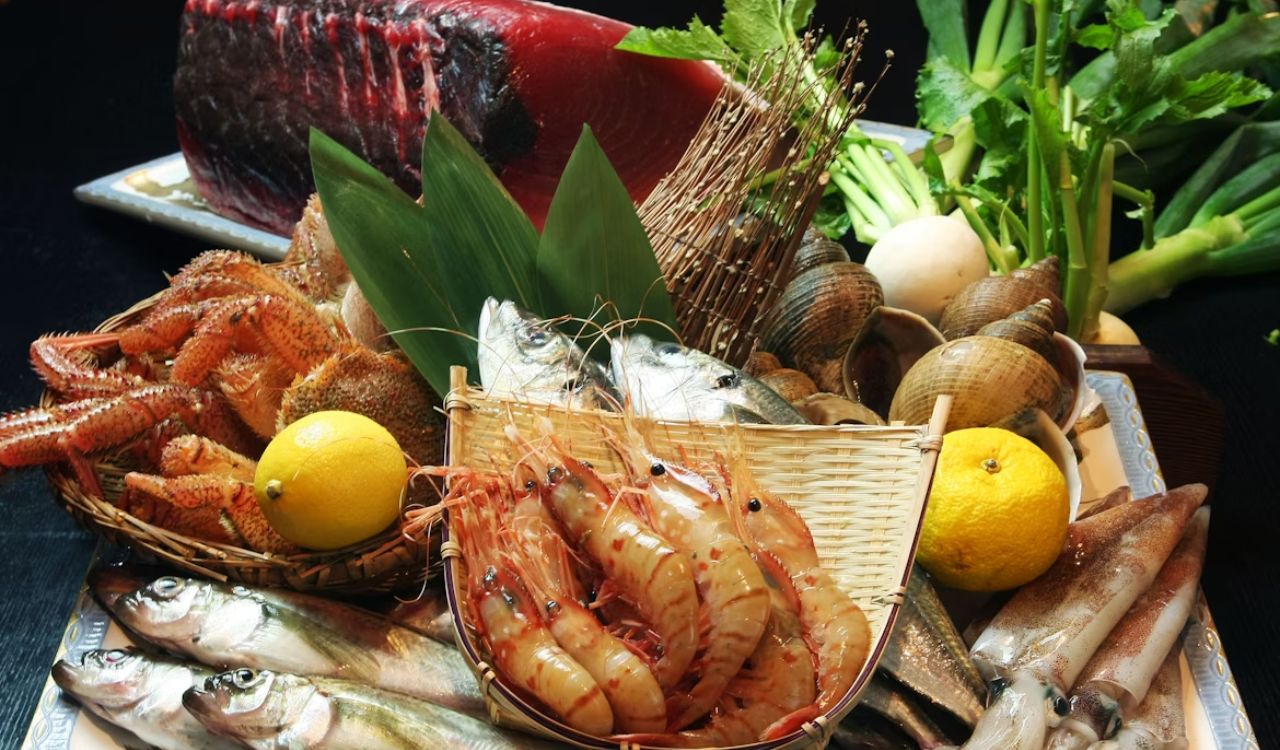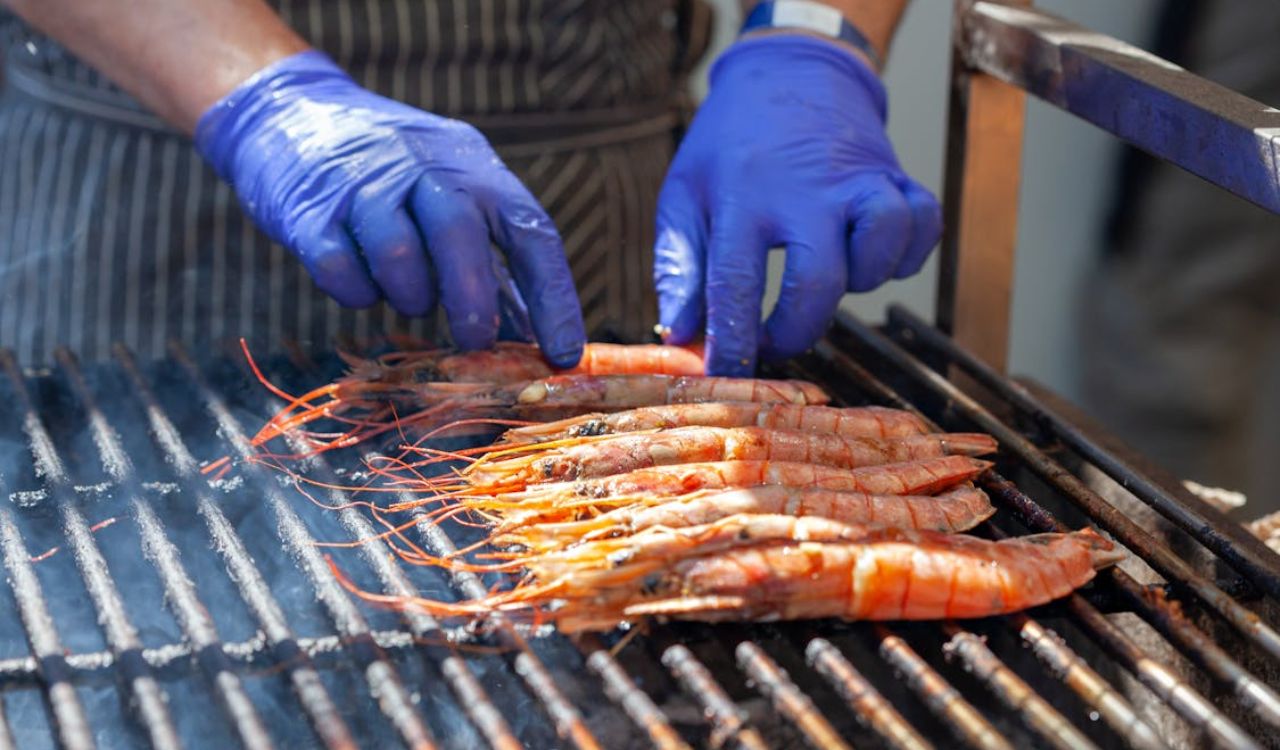12 Weird Food Laws Across America That Might Surprise You
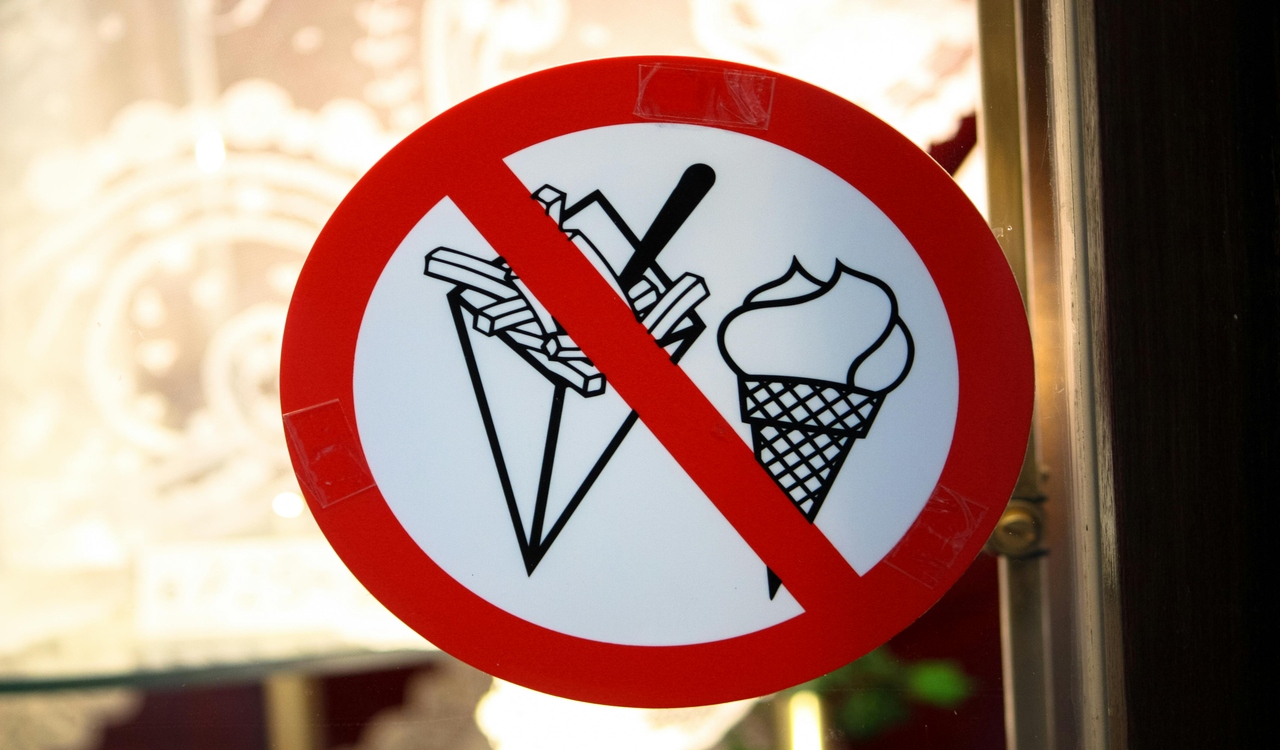
Food laws in the United States can be quirky and unexpected. While many regulations focus on safety and health, some laws seem downright odd. These weird food laws often have historical roots or reflect regional preferences, and while they might not be enforced regularly, they still exist on the books. From strange food bans to unique requirements for how things are served, here are 12 weird food laws across America that might surprise you.
1. No Eating in Restaurants in Vermont on Sundays Before 1 p.m.

In Vermont, it’s illegal for restaurants to serve food on Sundays before 1:00 p.m. This strange law was originally passed in the 19th century as part of the state’s blue laws, which were meant to enforce religious observance and limit commerce on Sundays. While it’s not heavily enforced today, the law technically still exists. The rationale was to encourage people to spend Sundays at church rather than out shopping or eating at restaurants. The rule certainly adds an unusual spin to brunch plans on Sundays in Vermont!
2. No Cheese on Your Hot Dog in Chicago
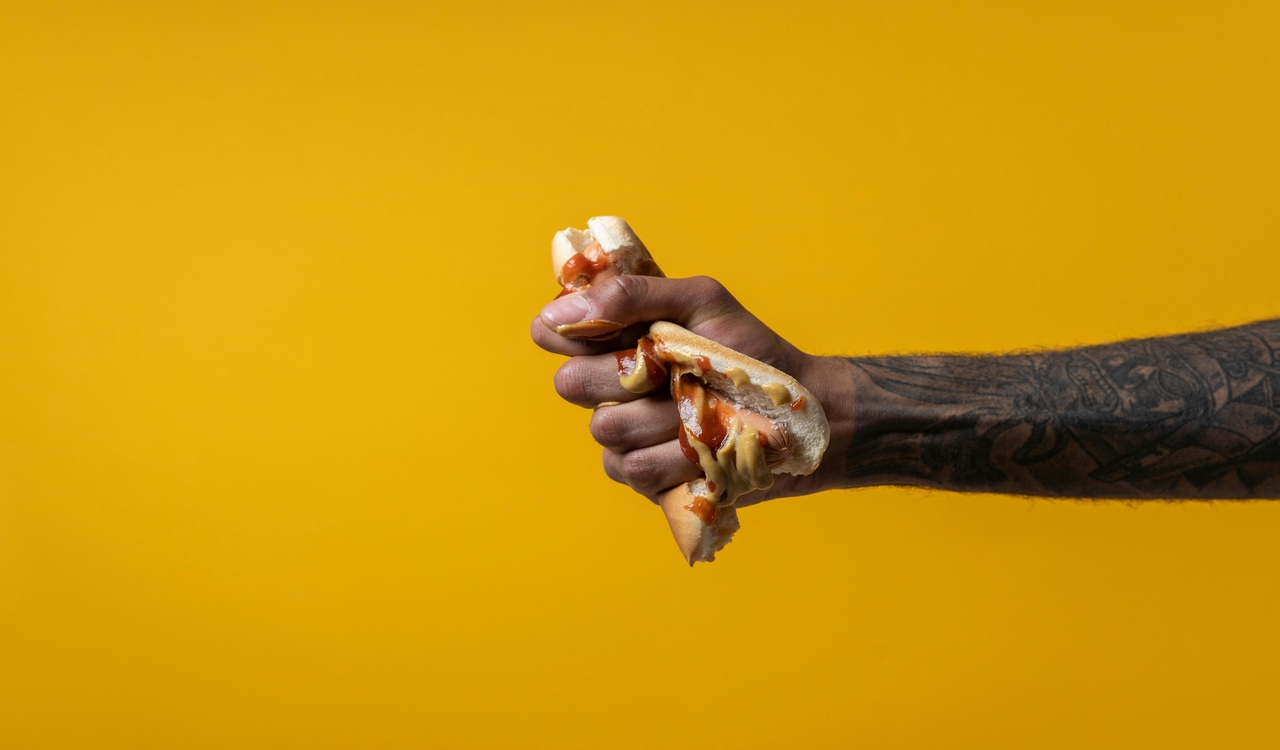
In Chicago, it’s a cardinal sin to put cheese on a hot dog! Chicago-style hot dogs are sacred, and they come with a strict set of toppings: mustard, relish, onions, tomatoes, sport peppers, and a pickle spear. Chicagoans hold their hot dog culture in high regard, and while it’s not technically illegal to add cheese, it is heavily frowned upon. The rule reflects the city’s pride in its hot dog culture, which has remained mostly unchanged for decades. If you’re ever in Chicago, be sure to stick to the classic toppings.
3. No Alligator Meat in California
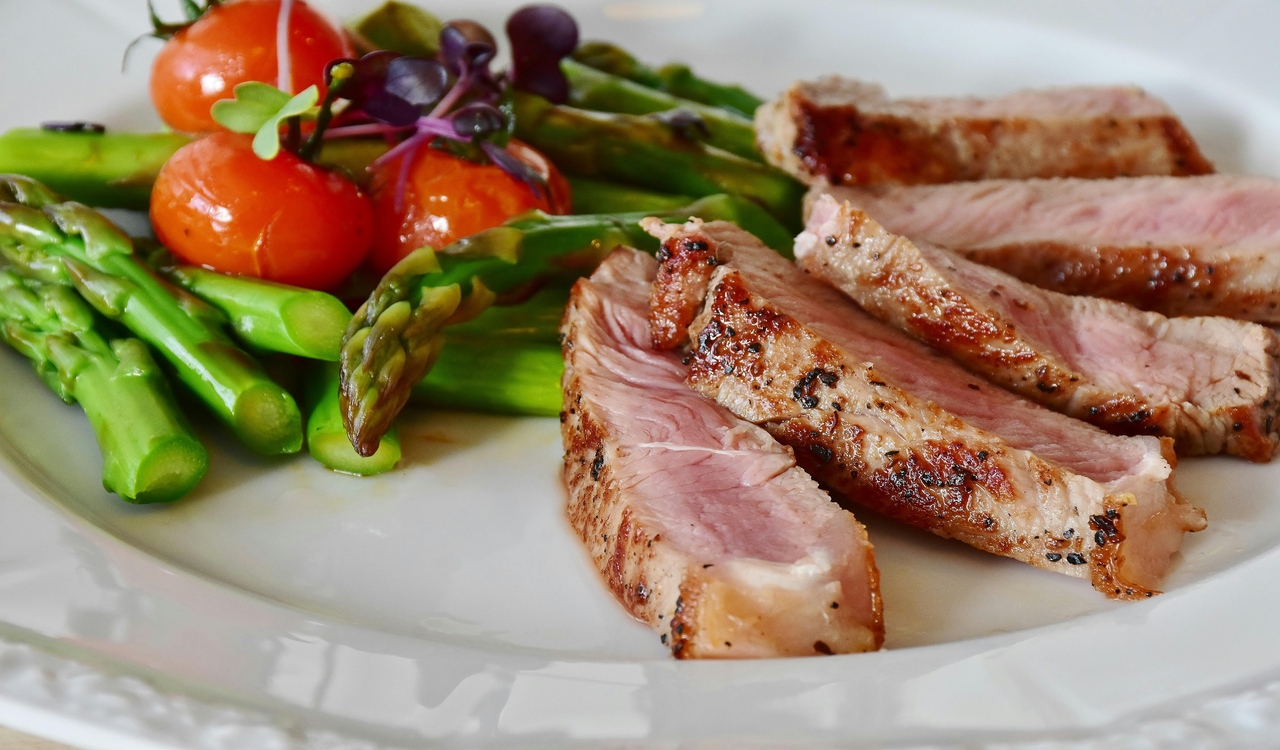
In California, it’s illegal to sell or serve alligator meat in restaurants. This law is tied to California’s stringent food safety regulations, designed to ensure the highest standards for human consumption. Alligator meat is considered unregulated and potentially hazardous, so it’s banned from being served in the state. While the law may seem unusual, it reflects California’s strict food policies aimed at preserving health and safety. If you’re craving alligator meat, you will need to head to another state where it’s legally served.
4. No Ice Cream Before 10 a.m. in Vermont

Vermont, known for its love of dairy products, has an unusual law that prohibits the sale of ice cream before 10 a.m. This law was originally introduced to regulate food industries and prevent early morning sugar consumption. While it might seem odd today, it reflects a time when food regulations were more about limiting indulgence. The rule has mostly been forgotten but still stands on the books as part of Vermont’s quirky food laws, ensuring that ice cream is reserved for more “appropriate” hours of the day.
5. No Margarine in Wisconsin Schools

In Wisconsin, it is illegal to serve margarine instead of butter in schools. The state, known for its dairy farming industry, has a strong preference for butter, and this law was introduced to promote the use of local dairy products. Schools are required to serve only butter on bread and in cooking, leaving margarine out of the equation entirely. This law reflects Wisconsin’s commitment to supporting its dairy farmers, ensuring that locally produced butter remains the first choice for students.
6. No Fried Foods in Kentucky Schools
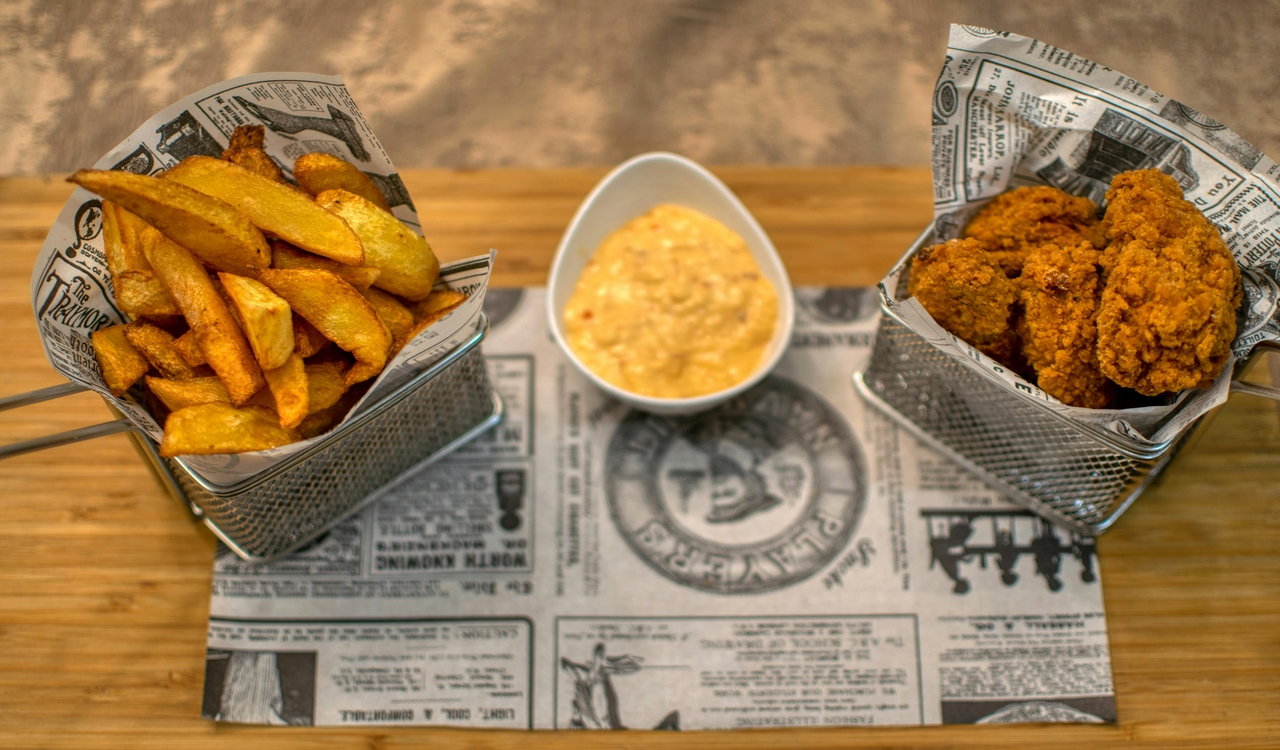
In Kentucky, there’s a law that bans the sale of fried foods in schools. The regulation was introduced to promote healthier eating and reduce childhood obesity by limiting students’ access to calorie-dense, fried options. Schools in Kentucky are required to offer more nutritious alternatives, like baked or grilled foods, instead. While fried chicken and fries might be popular in the state’s restaurants, they’re not allowed to make their way into public schools during meal times, showcasing how local food laws can shape what children eat at school.
7. No Eating in Public in Louisiana While Standing

In Louisiana, an old law prohibits eating in public while standing. This regulation dates back to the early 20th century and was originally put in place to ensure people enjoyed their meals properly and didn’t create messes in public spaces. While not strictly enforced today, it is an interesting quirk in the state’s food laws. It is a reminder of how cultural norms and food practices can evolve, sometimes leaving behind strange regulations that no longer serve their original purpose but remain on the books.
8. No Ketchup on Hot Dogs in California Schools
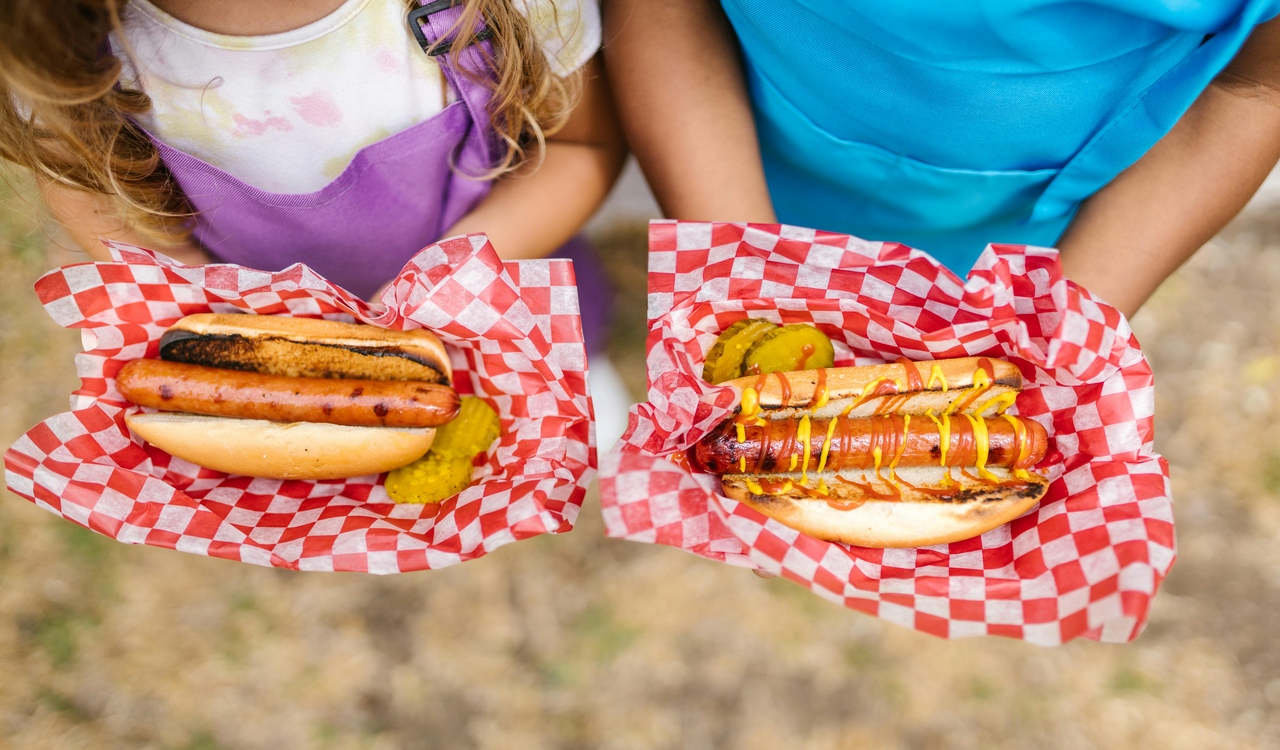
In California, there is a law that prohibits students from putting ketchup on hot dogs in public schools. The law was enacted to encourage healthier eating habits and discourage students from overusing condiments like ketchup, which is high in sugar and salt. While it might seem strange, this law is part of a broader effort to reduce childhood obesity and promote better nutrition. Although ketchup is still available for other uses, hot dogs in California schools must be served without it, leading to some puzzled students and parents alike.
9. No Mixing Peanut Butter and Jelly in Connecticut

In Connecticut, a strange law prohibits the mixing of peanut butter and jelly in certain circumstances. According to the regulation, these two ingredients cannot be combined in the same jar or package for sale. While the law isn’t often enforced, it stems from health and safety concerns regarding food labeling and ingredient handling. Despite the oddity of the law, many people in Connecticut still enjoy peanut butter and jelly sandwiches, just not from pre-mixed jars. It is an example of how food laws can sometimes be surprisingly specific.
10. No Caffeine in Soda for Kids in California

California has passed a law that limits the sale of caffeinated soda to children. This law prohibits the sale of high-caffeine sodas to minors, as studies have shown that excessive caffeine consumption can have negative health effects on children, including poor sleep and anxiety. The law aims to protect young people from the potential harm of caffeine and to encourage healthier beverage choices. Although it might seem restrictive, it reflects California’s focus on public health and reducing the negative impact of sugary and caffeinated drinks on children.
11. No Alcohol in Grocery Stores in Utah
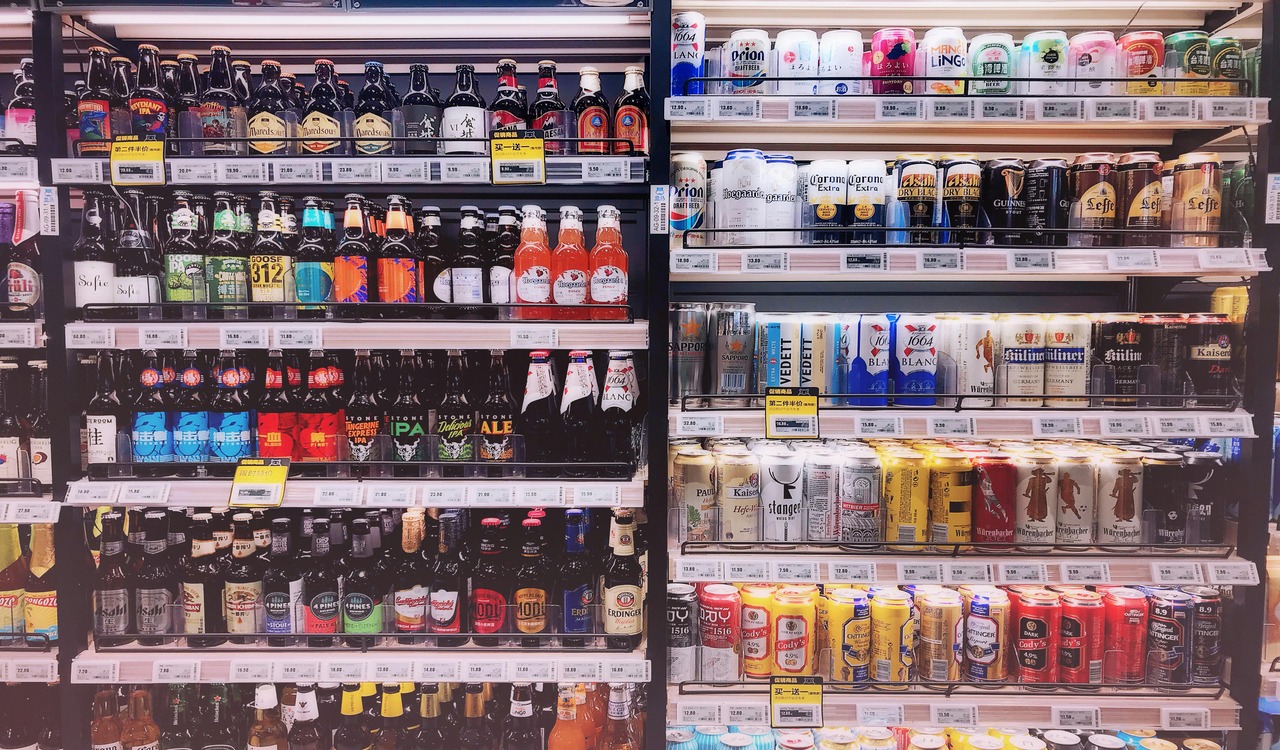
In Utah, the sale of alcohol in grocery stores is highly regulated. Beer with an alcohol content higher than 5% ABV (alcohol by volume) is banned from grocery stores and can only be sold in state-run liquor stores. This law is a reflection of Utah’s strong cultural and religious influences, with the Mormon faith having a significant impact on the state’s alcohol policies. While many other states offer a wide selection of beer in grocery stores, Utah maintains tight restrictions on alcohol sales to promote a more controlled drinking environment.
12. No Eating in Public in Alabama While Driving

In Alabama, there is a law that bans eating in public while driving. This regulation was passed to ensure that drivers remain focused on the road and reduce distractions that could lead to accidents. While it is not something most people actively think about, the law is designed to help maintain road safety. This unusual law serves as a reminder that food laws can sometimes be tied to public safety concerns and how they can be unique to different states based on local priorities.


